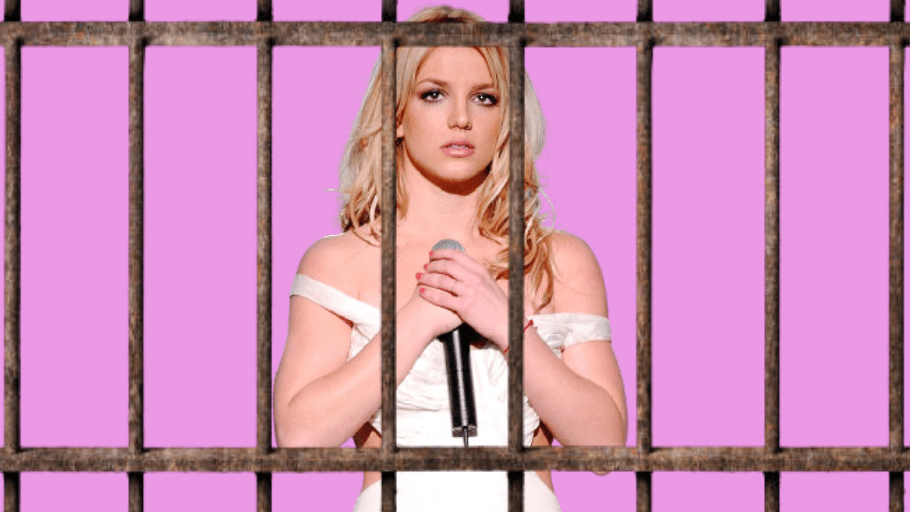Britney Spears’ conservatorship: the story so far
The #FreeBritney movement has been regaining traction in the media for months, and it took a turn last month when Britney Spears lost her court bid to remove her father’s control over her estate.
The international pop sensation, who has been in the spotlight for over twenty years, has not had control over her life for most of the duration of her career.
As a result of her infamous 2008 breakdown, which resulted in rehab and hospitalisation, the singer has been living under a conservatorship steered by her father, Jamie Spears. In other words, Mr. Spears has been authorized by a judge to care for his adult daughter and her finances, as she has been deemed unfit to fend for herself. On top of this, he has had the legal right to oversee and make decisions regarding her health, business deals and personal life.
Since the start of this conservatorship in 2009, Britney fans have been concerned over the singer’s wellbeing, and whether this legal agreement has her best interest in mind. Despite her continuing success under her father’s care, including several album releases, her role as a judge on the American edition of X Factor and a Las Vegas residency, many relatives (including her mother) have described this relationship as toxic (no pun intended).
Much to their disappointment, a court has rejected Britney Spears’ bid to remove her father’s conservatorship over her estate earlier this month
The singer herself made her feelings clear when her father had to temporarily step down from the role of conservator in 2019 due to his ill health, and she requested he be removed and replaced permanently. She has also taken a symbolic hiatus from her work, as a form of protest against her father’s control and a fight for her freedom.
But nothing has changed since, and fans have continued to worry. This has reignited the #FreeBritney campaign, with her supporters fighting for the singer to have greater personal and financial autonomy.
Much to their disappointment, a court has rejected Britney Spears’ bid to remove her father’s conservatorship over her estate earlier this month.
The singer’s lawyer told the court that she would continue to resist performing while Jamie Spears remained in the role of conservator and stated that “she is afraid of her father”. And while it was revealed in court that the singer voluntarily entered the conservatorship, she is clearly seeking liberation from the tight grip of her father.
Britney’s history with mental health should not be the reason she loses complete autonomy over herself
The result of this case is a disheartening one, especially given that she is an almost 40-year-old woman. In legal terms, Britney has the same rights as a child, all because of a twisted stigma surrounding her mental health. As of 2020, the singer has a net worth of $60 million, but does not even have the right to spend it. It is unusual for someone Spears’ age to be subject to a conservatorship, as it is usually the case for older people with illnesses, with little chance of recovering.
James Spears claims he has his daughter’s best interest at heart, yet the boundless power of this legal agreement and the extent to which the singer has been profited off of is alarming.
Britney’s history with mental health should not be the reason she loses complete autonomy over herself when countless, less oppressive alternatives are available to vulnerable people. As noted by the American Civil Liberties Union (ACLU), who has been vocal in their support for Britney Spears’ fight, “people with disabilities have the right to lead self-directed lives”.
Spears’ case and the #FreeBritney movement is unique, however it has a familiar ring to it. When you look at the long lineage of female singers who have had to fight for control over their artistry, such as Taylor Swift, Beyoncé and Janet Jackson, they have one thing in common: their shared experiences of exploitation, fame, mismanagement and misogyny.
Britney’s legal battle against her father, for the foreseeable future, has ended on a tragic note. Perhaps we should be treating this as a cautionary tale.

Comments